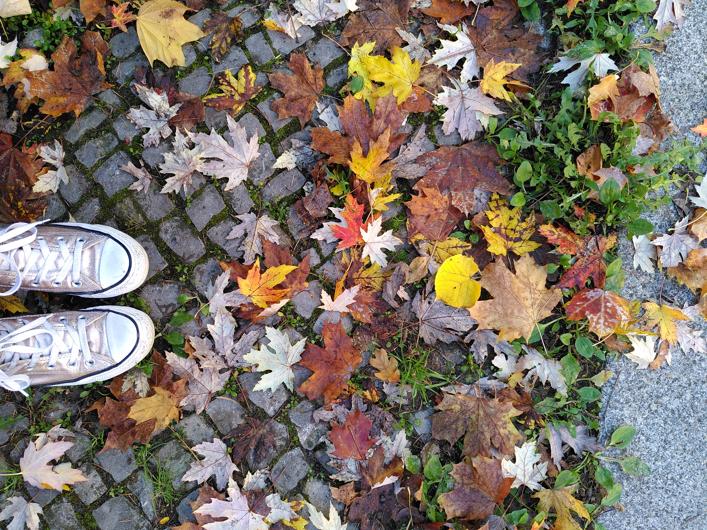I recently attended an online webinar to celebrate the publication of a new pamphlet by the Froebel trust. Promoting outdoor play was the topic of this pamphlet. I agree that the outdoor environment can provide a range of interesting experiences and opportunites for learning and developing curiosity in young children. Having watched the webinar there were a few issues that were not covered.
I am writing about nurseries in the public sector (provided by local councils in Scotland). The provision was for children between 3 and five years old. I no longer work in Scotland, at the time of writing the kindergarten stage was very newly announced in Scotland.
The Buts
-
Some children may come to nursery from homes which are cold with not enough food. Austerity measures and recent government chaos have exacerbated this. Nurseries are a safe spaces for children which are warm and provide food. Nursery spaces are warm with various spaces to explore. Poverty has increased in Scotland as well as throughout the UK.
-
Children who are new to being outside and playing outside need support to access the outdoors and natural spaces. The level of support depends on their previous experiences of being otdoors and also their clothing. Practically this may mean spending increasing the amount of time spent outdoors slowly. It may mean more warm clothing is needed or active games/provocations are needed to encourage children to choose and stay outside.
-
The oft repeated sentiment about the importance of the correct clothing is very relevant. Children grow quickly and the costs of non school clothing have to be met by families themselves. While there is a school uniform budget in scotland it is only paid once per year. What about a clothing budget istead to allow parents to chose clothing their children need for example warm boots and coats for the winter instead of clothing that can only be worn at school. The rules could be relaxed to allow children to wear the clothes they have instead of families having to spend money on specific clothing which can only be worn some of the time.
-
Getting dirty is part of everyday life at nursery, I often came home covered in paint, glue and dirt. Getting dirty and playing outside often go hand in hand. Children whose families are struggling financially may find it hard to run a washing maschine and pay for detergent. In small flats it is difficut to get clothes dry during the winter. It should not be assumed that familes can actually get clothes washed and dried easily.
-
Parental shame is something that everyone who works in early years needs to be aware of. Poverty and the associated stigma of not being able to provide for your child is very distressing for families. This is magnified when it impacts on being able to keep clean and get clothes washed. The JRF statistics referred to above state that 1 in 3 children in the UK is living in poverty, children from single parents families are more likely to live in poverty. Again practically we may know these families but what support do they need and how can the nursery support them practically.
I felt that the webinar did not fully address these issues. Outdoor spaces are for everyone not just those who can afford all of the outdoor shoes and jackets. The fear of projecting an image of being poor scares families they fear the intervention of social services. Poverty is polaried by society into the deserving and undeserving poor. If you are deserving then you get help and if undeserving then it is your own fault you are poor and help may not be given.
Solutions
- talk to parents respectfully and ask if they need support, what does that look like for them? Do they have concerns?
- provide opportunities for parents to join in and share with them some of the why of being outside.
- a non judgemental approach is needed.
- know what is on offer in outdoor spaces in your own community and advertise them on your communications with families.
- campaign for better funding for outdoor equipment and training.
Thoughts on Forest schools
- Money is being saved when physical spaces are not provided. This feels politically motivated to me.
- Only practitioners who work in Forest Schools are provided with outdoor clothing. I have almost always had to provde all of my own outdoor clothing (with the exception of jackets). There needs to be a budget to provide staff clothing and footwear.
- For children who are living in poverty this kind of provision needs to start slowly and parents need to support it.

